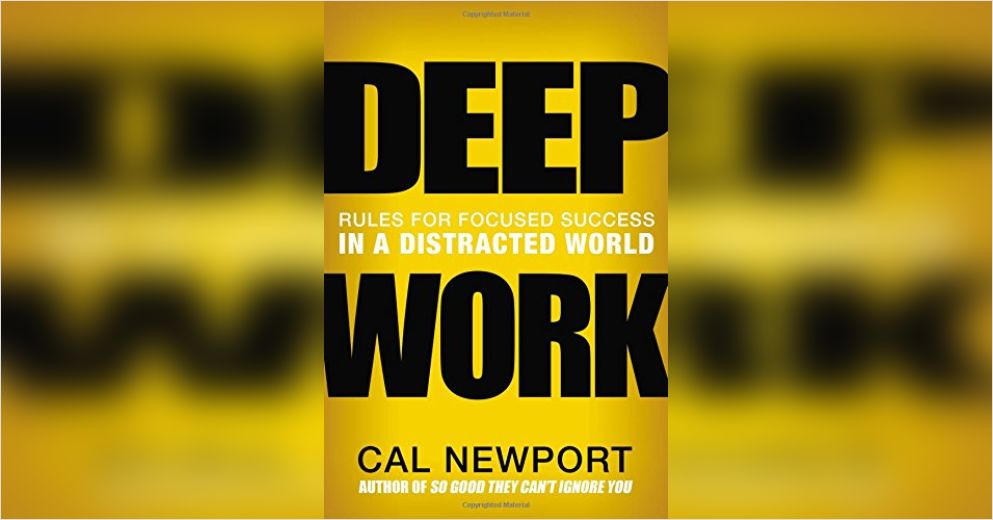In theory, everyone should love “The Works” for its breadth of beefy options (herbivores bear with me). Yet a part of me always feels a twinge of disappointment when I go.
Why? Too many options.
If I get the Kamikaze, I’m missing out on Sun of a Beach, Obi-Wan Kobe and Maple Bacon Mozza Bites, to name a few. Pretty much every time I make an order, I start thinking about whether or not I made the right choice.
There’s been some research suggesting that too many choices, even if they lead to a “better choice” in the end, actually leave people feeling less satisfied. It might even paralyze them beforehand. Sometimes I think it’d be easier if someone else made all my decisions.
Whether it’s too many options or some underlying belief I got from culture or a life of relative privilege, I actually think I deserve the “best” option (which is, of course, unhelpfully vague).
Think about the other decisions of our lives that can seem so stressful. Am I at the right job? Will I marry the right person? Imagine the disappointment I’ll feel if there are better options out there!
Admittedly, I find myself at the hands of this kind of entitled paralysis every once in a while. It becomes hard to even make decisions, let alone be content with the ones I do make.
It’s been pointed out to me that if we asked our grandparents if they were “fulfilled” with their jobs, etc. they would probably look at us funny. For them, it was enough to have a job and live your life. Perhaps the lack of options meant they didn’t even think about what some other kind of “fulfillment” would be like. Perspective likely made all the difference.
We, on the other hand, are obsessed with fulfillment. The lust for personal autonomy and success, fueled by social media highlight reels, drives us forward (or paralyzes us). Anything less than this ambiguous (< keyword) fulfillment will not do. I don’t know what I’m looking for, but I know how I want it to feel (note: I probably don’t know that either).
Therein lies the problem. We want to feel good and to be “fulfilled” but we have no idea what that means. We’re directionless or paralyzed in fear that our current direction might not end up feeling like we want it to. How could I bear the disappointment?
Sadly, I fear that we are all but guaranteed disappointment when we feel like we deserve something, especially when that something is poorly defined but supposedly awesome. And that is part two: we don’t just obsess over fulfillment… we think we deserve it.
How is that not a recipe for disaster? We’ve gone beyond just desiring “fulfillment” in life. Now we will be outraged when we don’t get it!
Isn’t life full of disappointments?
Here are some sobering reminders if you find yourself scared stiff with entitlement and choice:
Finding the “perfect” fit is impossible.
Once again, this idea of the “perfect” match is so vague that you probably wouldn’t even know it if it showed up. I say ditch the idea altogether without losing the “non-negotiables” and maybe a minimum of preferences that are reasonable.
From soulmates to dream jobs, the reality is always in the middle. Different jobs (or whatever) will bring you different kinds of joys, but they are joys no less. While some are better than others (for you), doesn’t mean that there is a “perfect fit” among the “good” options.
You don’t really deserve anything. I didn’t grow up going to church but became a Christian through a kind of youth group. I don’t know who taught it to me, but somewhere along the line I learned that I really didn’t deserve anything. Not only did I not do anything to bring myself into existence, but as a sinner I often violated the gift of existing at all. Life was a gift from God, even if it wasn’t “perfect.”
Even at a young age, this belief gave me an appreciation for just about anything. I still go back to it when I find myself upset at life or people for not giving me “what I deserve”.
Who ever found happiness thinking so highly of themselves?
Happiness is often more about mindset than circumstance.
Once again, grandma and grandpa were content with the little they had. That means it’s possible for you and I. It might require us to be on social media less, or it might mean doing some “mindset work”, and reframing how you think of things. It might also be difficult, but it must be done if we’re going to escape the evils of entitlement.
At the end of the day, life is not about making perfect choices. It’s about making the best of what you find yourself with – including some faulty decisions you may have made along the way.









